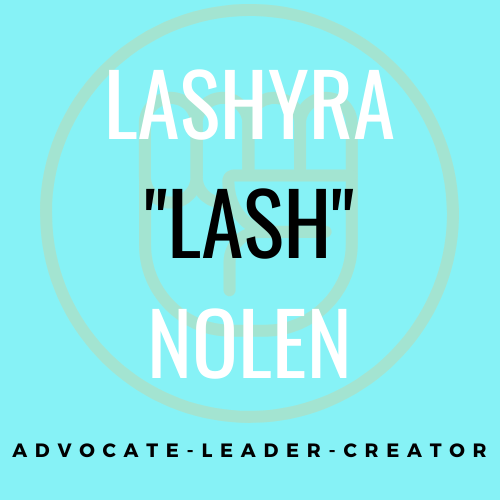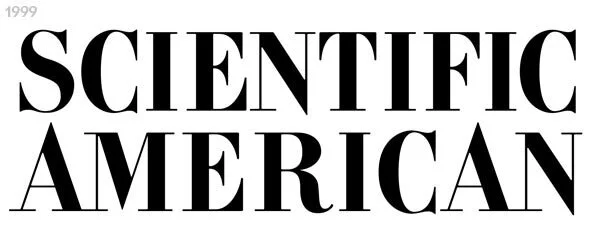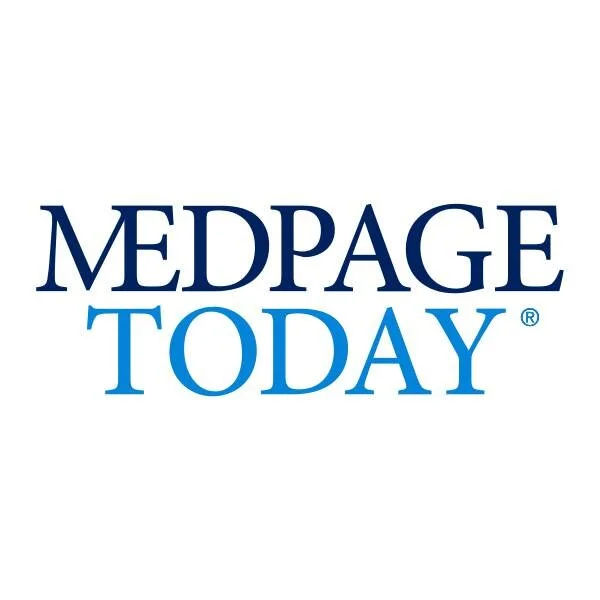As seen in:
My Latest Publications:
SCIENTIFIC AMERICAN—”Mobile Health Clinics Can Reduce Health Disparities”
6.30.21
With coauthors David Velasquez and Alister Martin, MD, MPP we argue the importance of maintaining mobile health clinics and public health interventions that were erected during the Covid-19 pandemic to reduce health disparities now and beyond.
2.9.21
“The COVID-19 pandemic has amplified centuries of systemic inequity that has long existed in this country and has made clear to the nation what has always been known to Black people: There are two realities in America, and the one of Black folks often deems our lives dispensable and unworthy of protection. That, compounded by centuries of medical racism and experimentation on Black bodies, has led to a justified mistrust of the medical establishment by the Black community.”
1.7.21
“The year 2020 has made clear the work needed to improve the neurological health of some of our most vulnerable patients, now it’s up to us to do it.”
THE BOSTON GLOBE—”In the quest for social justice, symbolic changes go only so far”
11.07.20
“Because I have learned that symbolic changes can distract people from seeing the most heinous forms of racism. As long as no-knock warrants, qualified immunity for police officers, and private prisons are accepted in our society, our work is incomplete.”
09.01.20
“Foundational moments in Medicaid’s history led to key facets of the current infrastructure of inequities in health care access, along with the racial disparities and disparate health outcomes that followed. We explore these periods as well as examine policies that states and the federal government can implement to make steps toward health equity.”
THE BOSTON GLOBE—”Why Doesn’t Medical School Prioritize Social Justice?”
08.14.20
“The work of antiracism must go beyond carefully crafted statements, figures, and data. It’s time to step outside the ivory tower and into the streets of our communities, because they need us and they also have a whole lot to teach us.”
STUDENT DOCTOR NETWORK (SDN)—”Medical Students, Are You on Twitter? It’s Not Too Late”
08.10.20
In this piece I collaborate with my colleague, Emefah Loccoh, and mentor, Dr. Adaira Landry, to discuss the importance of #MedTwitter and the power of engaging with this community as a medical student.
07.02.20
“Right now, medical educators across the country are seeking answers to learn how to best support Black medical students during this time. We can start supporting Black medical students today by making tangible changes without the need to wait for formal anti-racist policies to be developed by institutions.”
NEW ENGLAND JOURNAL OF MEDICINE (NEJM)—”How Medical Education Is Missing the Bull’s-eye”
06.24.20
“If medical students and trainees are taught to recognize symptoms of disease in only white patients and learn to perform lifesaving maneuvers on only male-bodied mannequins, medical educators may be unwittingly contributing to health disparities instead of mitigating them.”
MEDPAGE TODAY—“Juneteenth 2020: A Movement Beyond a Moment”
06.17.20
June 19th has always been marked on Black people's calendars, but this year is the first time it showed up on Google's calendar -- and seemingly those of many non-Black Americans.
06.08.20
“My entire experience in higher education has involved centering my professors’ and colleagues’ white comfort, often at the expense of my own mental wellness.”
MEDPAGE TODAY— ”We Can’t Breathe'“
06.02.20
"Black medical students can't breathe and it's time our educators support us with oxygen like they would any other patient in need.”
THE HARVARD CRIMSON— ”The American Dream Without Anti-Racism Is Just Another Nightmare“
06.02.20
“While I wish I could believe in the Constitution and the illustrious “American Dream,” my experiences as a black woman are poignant reminders that such luxuries were and continue to be reserved for a select few.”
05.15.20
The tragic lynching of Ahmaud Arbery elucidated the fact that medicine and public health save lives, but without historical and sociological context they can be paradoxically lethal. In this piece I draw from personal experiences as both a sister and medical student.
UNDARK MAGAZINE— ”What Health Professionals Can Learn From Ahmaud Arbery’s Murder”
05.12.20
At a moment when the Covid-19 pandemic threatens to exacerbate health disparities in the U.S., Arbery’s killing reminds us that not all medical and public health advice is created equal. It’s time that medical schools caught up to that reality.
05.11.20
Last year I made history when I became the first African American woman to serve in the role as student council president at Harvard Medical School. It is and continues to be one of my greatest honors, but the question remains: who will come after me?
Association of American Medical Colleges (AAMC)— ”Choosing a Medical School During COVID-19“
04.20.20
As the late-April deadline for deciding where to attend medical school fast approaches, many aspiring doctors must make a choice without having a chance to visit or revisit schools. Here I offer some advice.
UNDARK MAGAZINE— ”The Slave Who Helped Boston Battle Smallpox“
04.02.20
In this piece I bring light to the story of Onesimus, the African slave and superhero who save hundreds of lives in Boston during the 1721 smallpox epidemic. His contributions inspired the creation and widespread use of vaccinations in the colonies and beyond.
WBUR (NPR Boston) — ”My Grandfather And Other Hidden Heroes Behind The Fight Against COVID-19“
03.30.20
In this essay I honor my grandfather and other essential workers who despite the dangers of COIVD-19 have bravely kept working to keep our economy viable despite lack of protection and recognition from their employers and society at large.
HEALTH AFFAIRS — “Custodial Staff Protect Us From The Novel Coronavirus, But Who Is Protecting Them?“
03.27.20
In this piece I implore our policy makers, leaders and business owners to protect custodial staff and domestic workers as they valiantly protect our health during the COVID-19 pandemic.
THE HARVARD CRIMSON— ”Why Pass/Fail Step 1 is Really Only Step 1“
02.18.20
In this piece I celebrate the latest news that the USMLE will be pass/fail as early as January 2022, while also cautioning leaders to consider the impacts it will have on students of color and students at lower ranked medical schools. Change in the right direction is always a win, but we must remember who benefits from these changes and how far we have to go to achieve equity for all students.
STAT NEWS— ”Cheers and jeers as med school’s Step 1 test becomes pass/fail“
02.14.20
In this piece I join three other medical students in outlining the important considerations leaders in medical education should consider with the new USLME Step 1 pass/fail policy.
12.19.20
In this piece I advocate for Congress not to eliminate the nearly 15 million dollar Health Career Opportunity Program (HCOP) that provides medical school pipeline programs and financial support for low income students and those traditionally underrepresented in medicine from elementary to college. I was a participant in HCOP and it got me where I am today. This article was a major impetus for Congress to not only approve, but increase funding for the program in 2020.





























